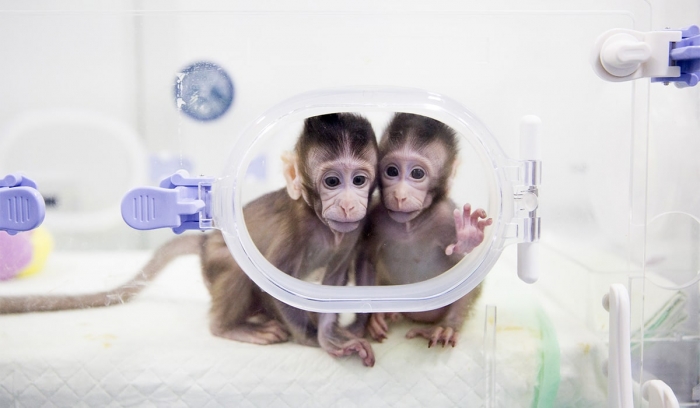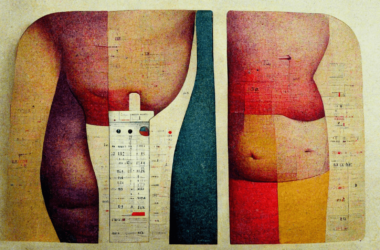At the end of 2017, researchers in Shanghai successfully cloned primates for the first time: Two macaque monkeys they named Hua hua and Zhong zhong. Published in the latest edition of the journal Cell, this was the first time that a Somatic Cell Nuclear Transfer (SCNT)—a reproductive cloning strategy—was used on monkeys. SCNT is not a new technology: Dolly the sheep, the first mammal cloned using SCNT in 1996, and other animals like frogs, mice, rabbits, cows, and dogs have also undergone cloning via this method. Previous attempts to clone primates had failed before Mu-Ming Poo and his team from the Shanghai Institutes for Biological Sciences successfully carried out the procedure.
While celebrated as a scientific advancement of epic proportions, the cloning of primates comes with many ethical considerations, and science is obliged to weigh the pros and cons of animal cloning.
Erika Kleiderman is a lawyer and an academic associate at the Centre of Genomics and Policy. Kleiderman shared her support for animal cloning and emphasized its potential in an interview with The McGill Tribune.
“One of the most important impacts of animal cloning is with regard to biomedical research,” Kleiderman said.
Animal models, notably primates, are the most reliable model organisms for researchers to study complex human diseases and test new treatment options. Genetically identical clones allow researchers to have better regulation of differences between treatment and control groups. Any difference between the clones post-treatment can be attributed to the testing condition, and not genetic difference.
Kleiderman also suggested that animal cloning could serve a useful purpose in species conservation efforts and food production.
“[There is also] the possibility to save endangered species, improve animal breeding, and increase humans’ food sources by producing more meat at a quicker rate,” Kleiderman said. “Another more ethically contentious argument is the possibility of cloning deceased pets.”
Critics of animal cloning have argued against the claim that it could have beneficial scientific applications. The most common concerns surround animal cruelty or suffering, and the conditions in which cloned animals are kept in laboratories.
Many question the financial feasibility of keeping cloned animals as test subjects. Cloning is a time and labour-intensive area of research with a very low success rate and a high price tag. In Poo’s study, only two macaques of the 109 cloned embryos survived until birth.
Some scientists worry that cloning is a “slippery slope”: If we allow animal cloning, it might only be a matter of time before we move on to cloning humans. The recent cloning of these monkeys, being members of the order of primates, brings greater attention to this question.
Kleiderman explained the basics of human cloning.
“When we talk about human cloning, there are two categories: Therapeutic cloning and reproductive cloning,” Kleiderman said. “Therapeutic cloning entails creating a cloned embryo to harvest stem cells for the purpose of treating a disease or an injury, whereas reproductive cloning entails implanting a cloned embryo into a woman for the purpose of creating a human being that is genetically identical to another human being.”
Some countries, including Belgium, China, Japan, the United Kingdom, and Israel, allow the use of therapeutic cloning. Human reproductive cloning, on the other hand, is banned internationally.
“Banning reproductive cloning aims to protect the identity and integrity of the human species, as well as human life in general,” Kleiderman explained.
In Canada, both forms of human cloning are prohibited under the Assisted Human Reproduction Act, with any individual found guilty liable to a fine of up to $500,000 or imprisonment of up to 10 years, or both.
As advancements in science bring human cloning closer to reality, it’s important to figure out where we stand.
“It would be important to reignite public discussion on the topic of human cloning in order to consider permissible applications of the technology, if any, as well as the best ways to move forward regarding its regulation,” Kleiderman said.








